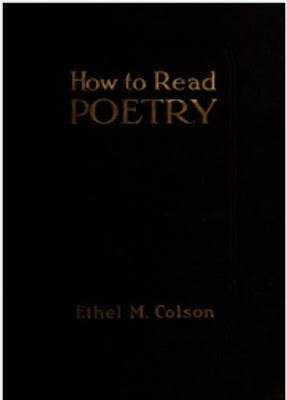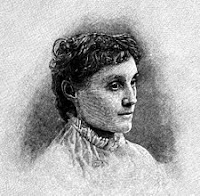How to Read Poetry
by Ethel Maude Colson
This book offers up a classic view of the poetry and how to read poetry to fully appreciate it's depths. You will get an insight into the poetic philosophies behind the poetry of writers like Sara Teasdale, Rupert Brooke and William Ernest Henley (and more).
It may be plainly stated, in beginning, that this little book is in no sense a didactic or technical treatise, that it sheers humbly far away from the academic or educational religion. Textbooks, conveying formal poetic information, offering best and most incontrovertible of studious reasons for the why and how of poetry reading, are thicker than flowers in May or sad hearts in war time, but here is no hint of addition to their number.
The best argument that can be advanced in favor of marriage is that marriage has been found happy. The best of all reasons for reading poetry is because one loves it. And the best way to read poetry is with the love that, for love's sake, finds its own pathway, works its own miracles of sympathy and understanding.
The simple intent, therefore, of -How to Read Poetry- is to assist the lay poetry lover-far more numerous and universal than might be imagined - to comprehend and, if necessary, defend his affection; to remove the curse too widely laid by scholastic injunctions and -required reading;- to persuade the non-poetic reader who, for whatever reason, believes that he does not like poetry that at heart he really does....
Buy Ethel Maude Colson Books at Amazon
About the Author
Edith Matilda Thomas (August 12, 1854 – September 13, 1925) was an American poet who "was one of the first poets to capture successfully the excitement of the modern city." Wikipedia
The PDF might take a minute to load. Or, click to download PDF.
If your Web browser is not configured to display PDF files. No worries, just click here to download the PDF file.




No comments:
Post a Comment